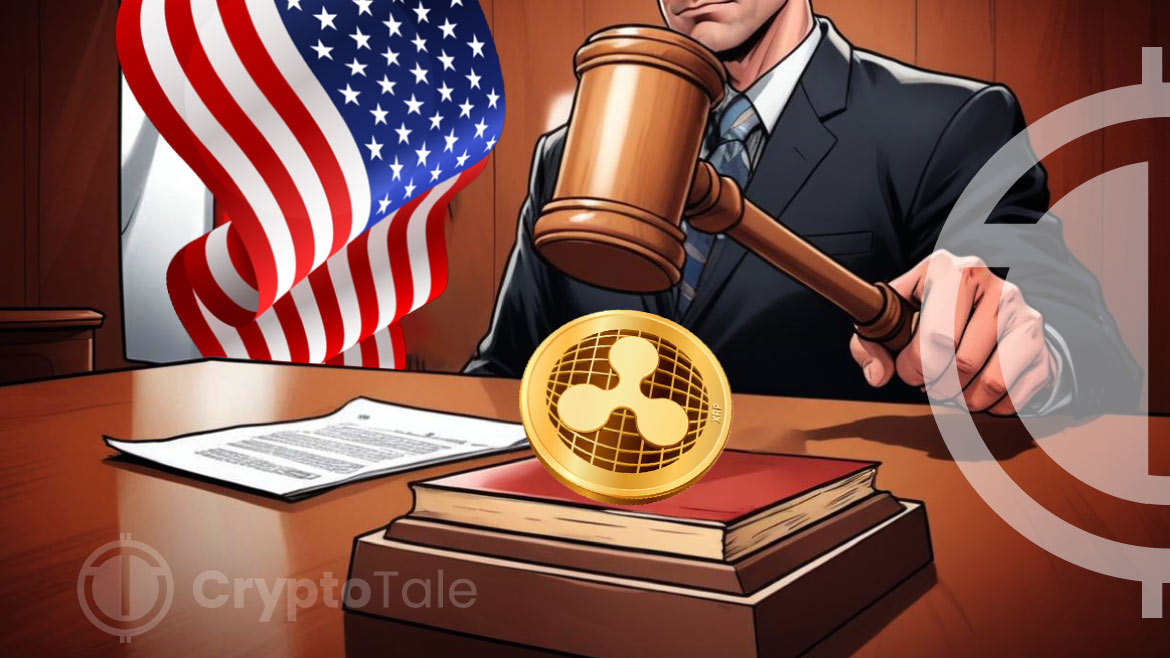- Bill Morgan highlights Judge Orrick’s distinction between Ripple and Kraken cases.
- Ripple ruling raises questions on secondary XRP sales’ status as securities.
- Ongoing legal discussions focus on Ripple ruling’s impact on Kraken’s reliance in court.
The ongoing legal battle between Ripple Labs and the SEC continues to spark debate, particularly regarding whether secondary sales of XRP should be classified as securities. With the final appeal window now open for 60 days, discussions have reignited on this critical issue, especially following the SEC’s recent Wells Notice against NFT marketplace Opensea, alleging that certain NFTs may qualify as securities. Although Judge Torres did not explicitly rule on the secondary sales in the Ripple case, her comments have left room for interpretation.
Judge Torres’ Ruling and Its Implications
Judge Torres’ decision in the Ripple Labs case has been central to these discussions. While she ruled that XRP is not a security, a significant portion of the crypto community has focused on her statement that “a programmatic buyer stood in the same shoes as a secondary market purchaser.”
Court Denies Kraken’s Motion to Dismiss US SEC LawsuitAttorney Bill Morgan’s Analysis
Many have interpreted this as an indication that secondary sales of XRP are not to be considered securities, a view that contrasts with the SEC’s broader claims.
Attorney Bill Morgan has weighed in on the ongoing discussions, pointing out that Kraken attempted to rely on Judge Torres’ decision to bolster its case. Kraken argued that the ruling in Ripple Labs should apply to its transactions, hoping to demonstrate that its transactions did not constitute investment contracts under the Howey Test. However, Morgan highlighted that Judge Orrick found this reasoning insufficient, distinguishing the specifics of the Ripple Labs case from Kraken’s situation.
Ongoing Legal Dispute
Judge Orrick’s reasoning, as noted by Morgan, underscores a vital issue in the broader debate: Whether secondary market sales should be classified as securities depends on the totality of circumstances and the specific economic reality of each transaction. This has led to further legal scrutiny, especially as the SEC asserts its regulatory authority over various aspects of the crypto market. The unresolved question of how secondary XRP and other digital asset sales should be treated under the Howey Test remains a central point of contention in the ongoing Ripple vs. SEC case.






